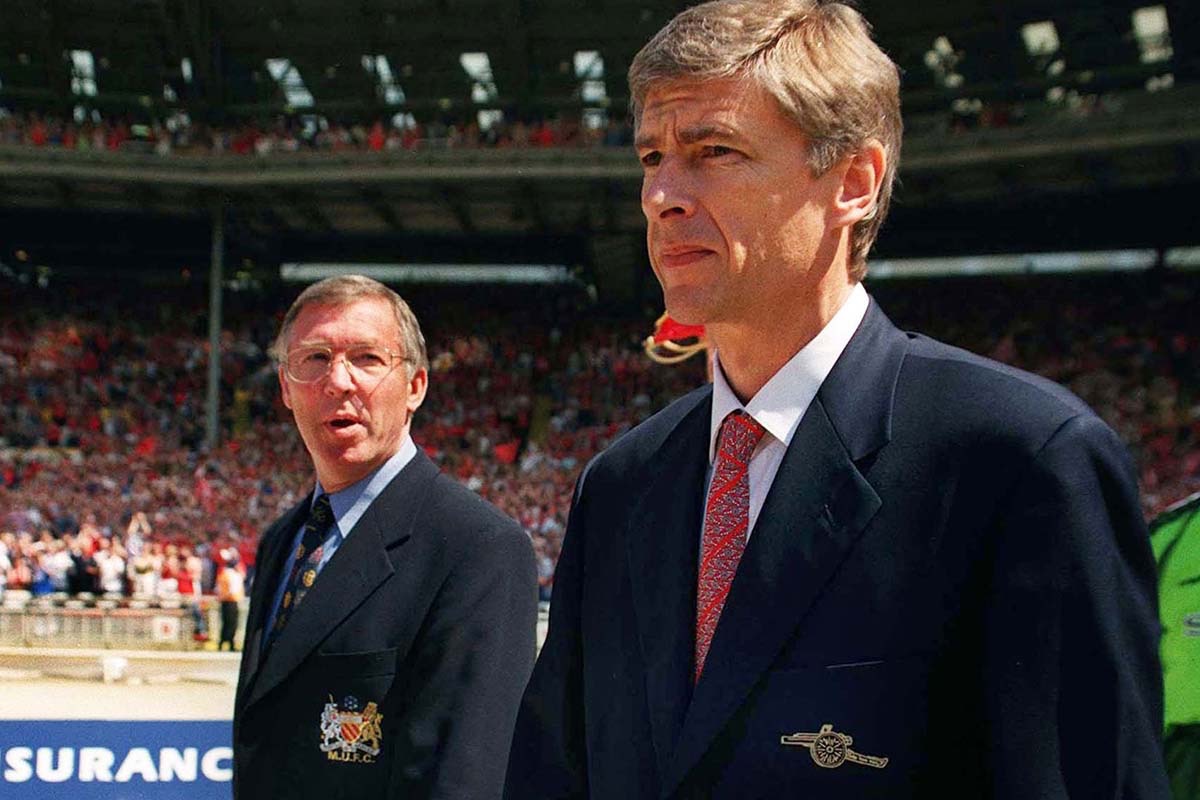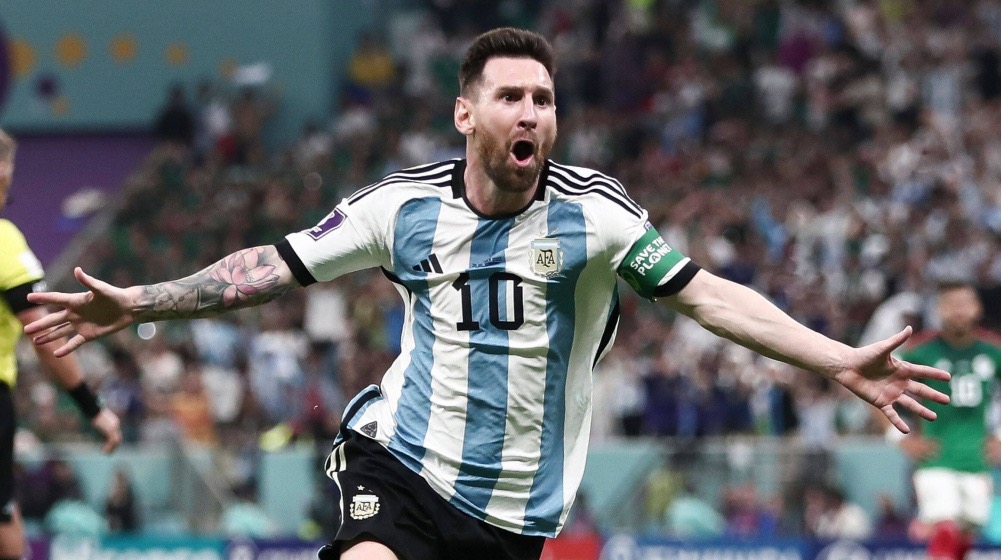Football has been shaped and revolutionized by visionary tacticians whose strategies and philosophies have left an enduring legacy. These best football coaches not only secured numerous trophies but also introduced tactical football changes that redefined the sport. From inventing new systems to perfecting formations, their influence extends across decades, inspiring players, teams, and future managers. Here’s an in-depth look at the legendary managers who have had the most profound impact on the beautiful game.
1. Rinus Michels: The Architect of Total Football
Rinus Michels is widely regarded as the mastermind behind “Total Football,” a tactical philosophy that forever changed how the game is played. His approach emphasized fluidity, teamwork, and adaptability, allowing players to switch positions seamlessly during a match. This groundbreaking style, introduced during his time at Ajax in the 1960s and 70s, set the foundation for modern football’s attacking principles.
Achievements That Defined His Legacy
- Guided Ajax to their first European Cup victory in 1971.
- Coached the Netherlands to their maiden UEFA European Championship win in 1988.
- Revolutionized football by prioritizing positional play and pressing strategies.
Tactical Innovations
Michels’ Total Football system relied on intelligent players capable of understanding space and movement. High pressing, a high defensive line, and intricate passing patterns were central to his philosophy. His methods created space for offensive creativity while maintaining defensive stability. Michels’ ideas directly influenced Johan Cruyff and later Pep Guardiola, creating a lineage of tactical evolution in football.
Michels’ ability to transform how teams approached matches earned him FIFA’s Coach of the Century award in 1999, cementing his place as one of the best football coaches in history.
2. Johan Cruyff: The Philosopher of Modern Football
Johan Cruyff, a disciple of Rinus Michels, took Total Football and added his own innovations, creating a style that became synonymous with his name. As both a player and a coach, Cruyff emphasized attacking football, possession, and positional awareness. His influence as a manager, particularly at FC Barcelona, shaped the club’s identity and gave rise to “tiki-taka” football.
Achievements That Changed the Game
- Transformed FC Barcelona as both a player and a coach, winning La Liga and the UEFA Champions League (then European Cup) in 1992.
- Established Barcelona’s famed youth academy, La Masia, which produced stars like Lionel Messi, Xavi, and Iniesta.
- Introduced the “Dream Team” concept, blending tactical discipline with flair.
Tactical Innovations
Cruyff’s 3-4-3 formation redefined midfield control, prioritizing numerical superiority in key areas of the pitch. His teams focused on quick, short passes to retain possession and tire opponents, laying the groundwork for Guardiola’s tiki-taka system. Beyond tactics, Cruyff’s philosophy emphasized creativity and confidence, inspiring players to think independently on the field.
His impact extends far beyond the trophies he won, influencing generations of players and coaches who embraced his revolutionary ideas.
3. Arrigo Sacchi: The Mastermind of Tactical Discipline
Arrigo Sacchi is known for redefining defensive strategies and creating one of the most tactically disciplined teams in football history. As AC Milan’s manager during the late 1980s and early 1990s, Sacchi implemented a team-oriented, zonal marking system that focused on compactness and collective movement.
Key Achievements
- Led AC Milan to consecutive European Cup titles in 1989 and 1990, a feat rarely achieved.
- Won Serie A and multiple domestic trophies with AC Milan.
- Transformed Italy’s national team, taking them to the 1994 World Cup final.
Tactical Innovations
Sacchi’s zonal marking replaced the traditional man-marking approach, allowing players to defend spaces rather than individual opponents. This innovation created compact defensive units that could press high and recover possession quickly. His AC Milan team, featuring players like Paolo Maldini and Marco van Basten, was lauded for its tactical discipline and attacking prowess.
Sacchi famously stated, “Football is played with the head, not just the legs,” underscoring his focus on intelligence and coordination. His ideas influenced managers like José Mourinho and Carlo Ancelotti, solidifying his status as one of the legendary managers of football.
4. Pep Guardiola: The Maestro of Tiki-Taka
Pep Guardiola is often regarded as the most influential modern manager, blending Cruyff’s ideas with his own tactical ingenuity to create a unique style of football. Guardiola’s possession-based “tiki-taka” philosophy relies on short, quick passes, positional play, and relentless pressing to dominate opponents.
Achievements That Reflect His Brilliance
- Won two UEFA Champions League titles with Barcelona (2009, 2011).
- Secured numerous league titles across Spain (Barcelona), Germany (Bayern Munich), and England (Manchester City).
- Introduced tactical innovations that have shaped modern football, including inverted full-backs and false nines.
Tactical Innovations
Guardiola’s emphasis on positional play ensures that players maintain specific spaces on the pitch to create passing triangles and overloads. His use of false nines, as seen with Lionel Messi, redefined how attackers function. At Manchester City, Guardiola introduced the concept of inverted full-backs, who drift into midfield to control possession and dictate play.
Guardiola’s meticulous approach to preparation and in-game adjustments has set a new benchmark for managers worldwide, making him one of the best football coaches of his generation.
5. Sir Alex Ferguson: The Leader of Legacy
While Sir Alex Ferguson may not be associated with a single tactical innovation, his ability to adapt and rebuild teams over decades sets him apart as one of the legendary managers. During his 26 years at Manchester United, Ferguson consistently evolved his tactics to remain competitive, creating a dynasty that dominated English football.
Unmatched Achievements
- Won 13 Premier League titles, 2 UEFA Champions League trophies, and 5 FA Cups with Manchester United.
- Developed world-class players like Ryan Giggs, Paul Scholes, Cristiano Ronaldo, and David Beckham.
- Achieved success with multiple generations of teams, showcasing his adaptability.
Tactical Versatility
Ferguson’s tactical approach evolved with the times. From the classic 4-4-2 formation of the 1990s to more fluid systems in the 2000s, Ferguson tailored his strategies to suit his squads. His focus on psychological preparation and man-management was unmatched, allowing him to motivate players to deliver consistent performances.
Ferguson’s ability to maintain Manchester United’s dominance over two decades solidifies his legacy as a footballing icon.
Key Innovations and Influences
| Coach | Key Tactical Changes | Notable Influence |
| Rinus Michels | Invented Total Football; introduced high pressing | Influenced Johan Cruyff and modern attacking football. |
| Johan Cruyff | Pioneered tiki-taka; emphasized youth development | Inspired Guardiola, Xavi, and modern Barcelona. |
| Arrigo Sacchi | Perfected zonal marking; emphasized team compactness | Shaped defensive strategies globally. |
| Pep Guardiola | Advanced tiki-taka; introduced positional play and false nines | Revolutionized modern football tactics. |
| Sir Alex Ferguson | Adapted strategies across generations; excelled in man-management | Defined long-term success at Manchester United. |
Conclusion
These best football coaches didn’t just manage teams—they transformed football. From Rinus Michels’ Total Football to Pep Guardiola’s tiki-taka and Sir Alex Ferguson’s unmatched adaptability, their innovations continue to shape how the game is played. These legendary managers have left an indelible legacy, inspiring generations of players, coaches, and fans worldwide.



